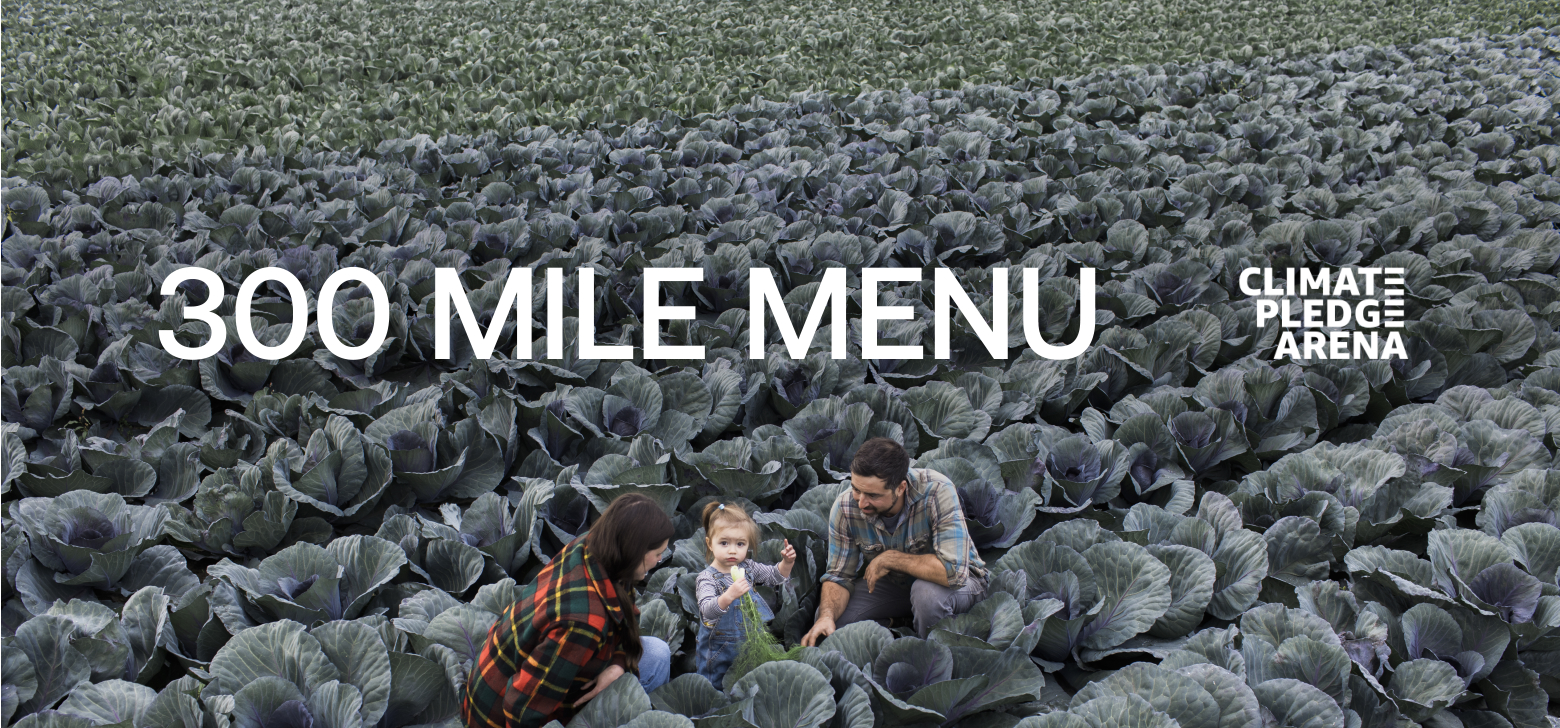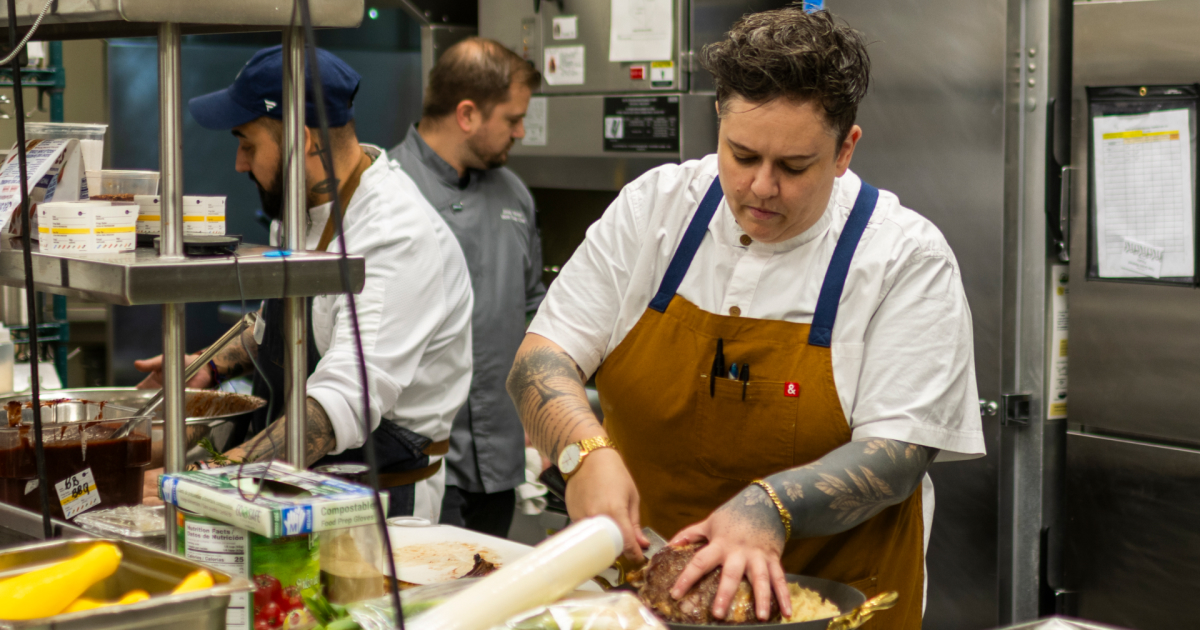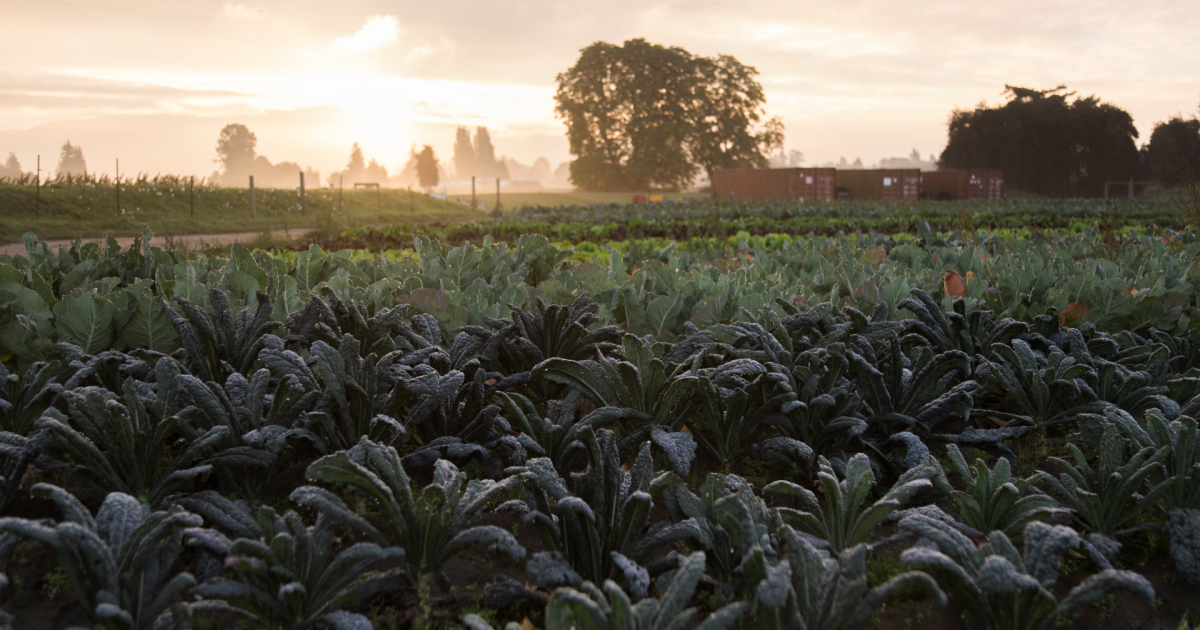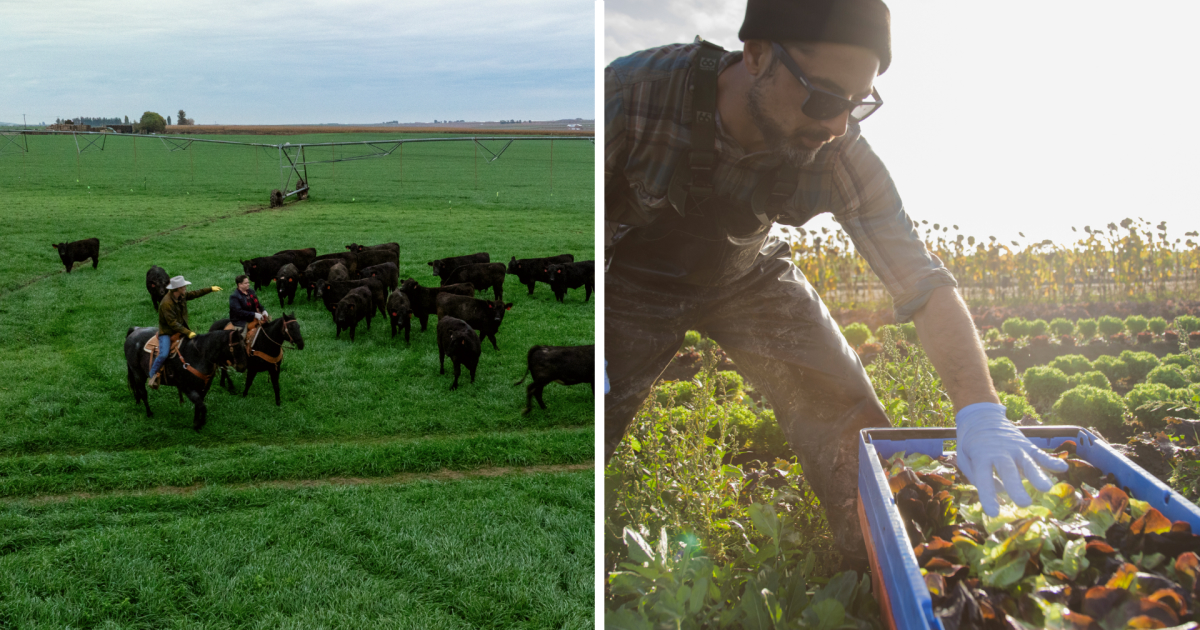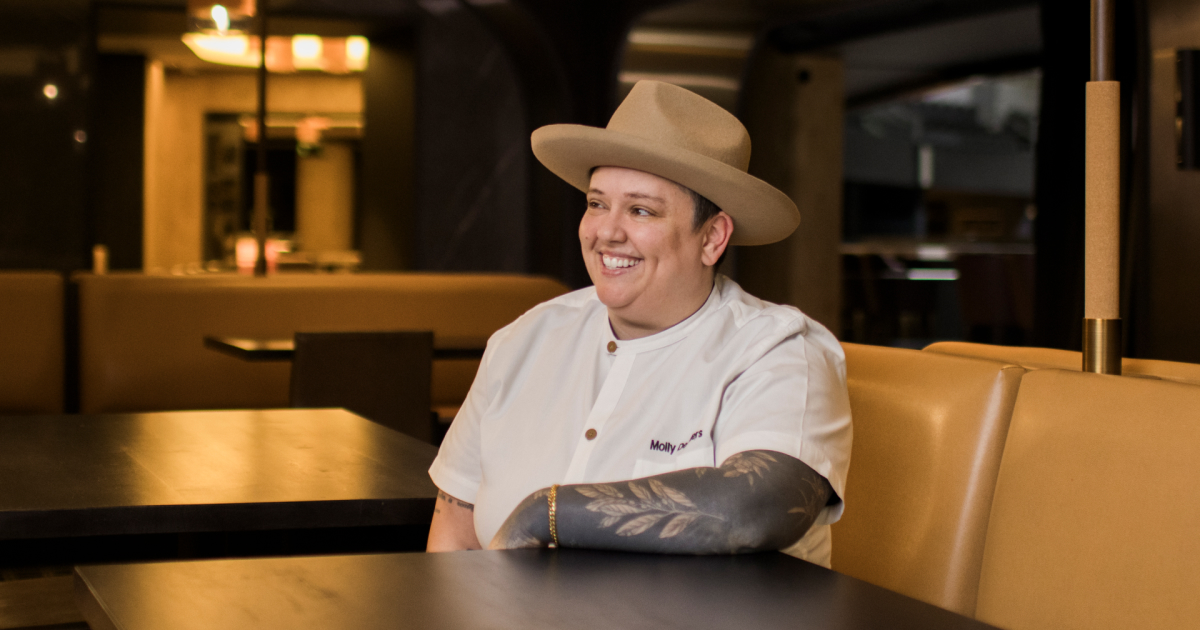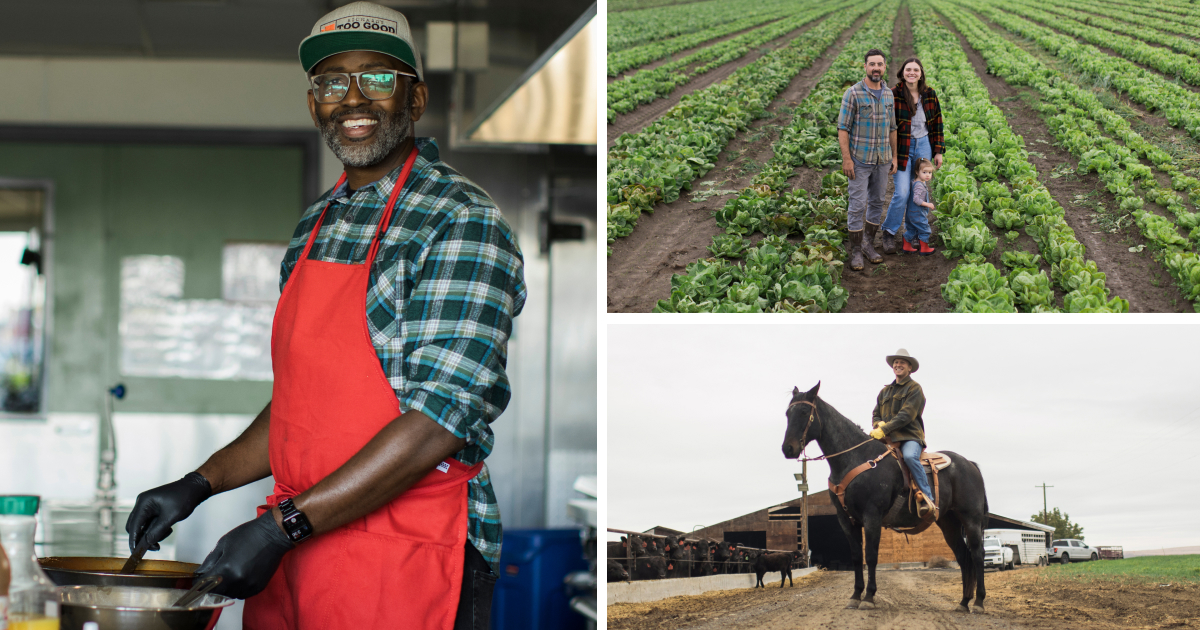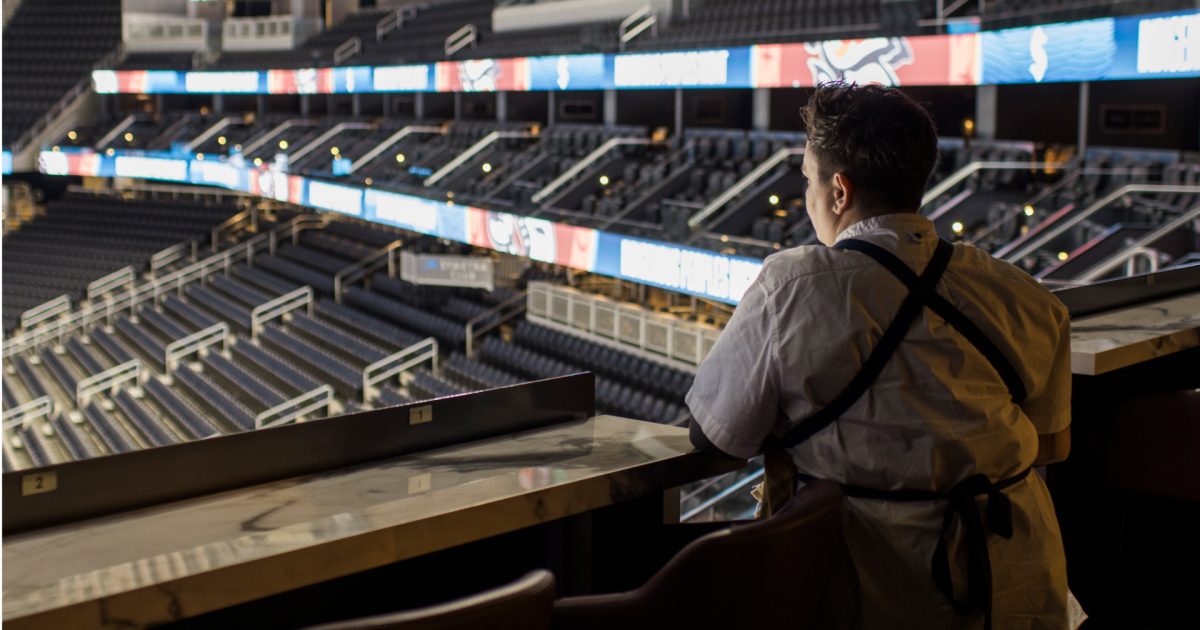The arena sits a few blocks west of Seattle’s Space Needle. The historic venue was the original home of the NBA SuperSonics, the WNBA Storm, and countless events from Pearl Jam concerts to the Harlem Globetrotters. In 2017, the city of Seattle approved a plan to renovate the arena by digging 15 feet under the structure and rebuilding up to the existing, historically designated roof. The decision allowed the arena to expand its capacity without enlarging its footprint. It also meant builders avoided the material that would have been required to replace the 22,000-ton roof.
Around the same time, Amazon and the international climate change organization
Global Optimism were developing
The Climate Pledge, an initiative to engage signatory corporations committed to achieving net-zero carbon emissions by 2040.
“As we were committing to The Climate Pledge with Global Optimism,” says Kara Hurst, Amazon’s Chief Sustainability Officer, “the naming rights opportunity came up for an iconic local arena and the future home of the Seattle Kraken. We felt that if we named it Climate Pledge Arena—instead of naming it after the company—we could really inspire a whole new generation to think about climate change.”
Naming the arena was simple enough, but living up to The Climate Pledge’s mission and achieving the highest standard of sustainable building certification for zero carbon was a bigger challenge. Natural gas was out, so the building was outfitted for all-electric power, from deep fryers to scoreboards and zambonis—an unprecedented shift for such a large, dynamic building. Single-use plastics were also unwelcome; all food and drinks are served in compostable wrappers and recyclable plastic containers that are later sorted on-site at the arena’s waste facility. To conserve water, a 15,000-gallon cistern was tapped to collect rainwater from the roof for the hockey rink’s ice. And to encourage guests to make a greener commute to its events, Climate Pledge Arena provides free passes on Seattle public transit. Back in the kitchen, De Mers and her team have reimagined food service operations.
“We have a 3,000-item inventory,” De Mers says. “Our goal is to source 75% of that within 300 miles. From ketchup to lettuce to beef to spices to eggs, we’re trying to move the needle to show other properties that you can do this, and then create a larger market that small businesses can access.”
